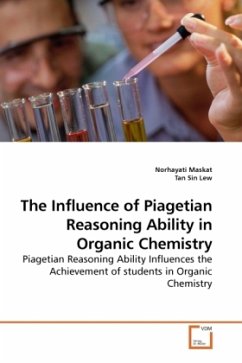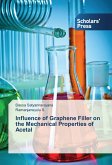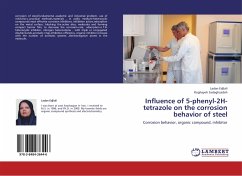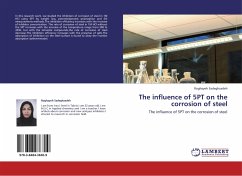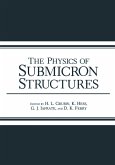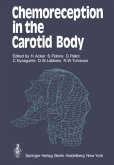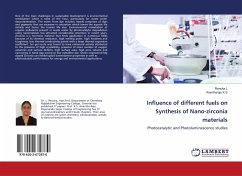The main purpose of this study was to determine whether Piagetian Reasoning Ability would significantly predict the achievement in organic chemistry. The study also sought to find out whether there are significant differences in the achievement in organic chemistry between students of different cognitive levels. The subjects of the study consisted of 145 chemistry students doing Cambridge A Levels in a private college in Malaysia. The instruments used in this study were: Longeot Reasoning Test (LRT) to determine the subjects reasoning ability and the Achievement in Organic Test (AOT) was used to measure students achievement in organic chemistry. The data gathered were analysed using SPSS 12. The findings of this study were: (1) 43.4% were found to be in Formal operational stage and 56.6% were still at Concrete operational stage, (2) students at Formal III B did significantly better in the achievement test than Formal III A and Concrete II B students, (3) Piagetian Reasoning Ability showed to have a high correlation efficient of r=0.76.
Bitte wählen Sie Ihr Anliegen aus.
Rechnungen
Retourenschein anfordern
Bestellstatus
Storno

